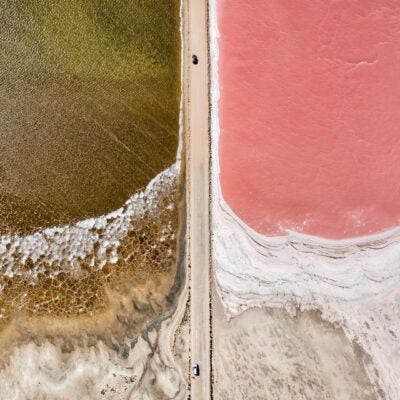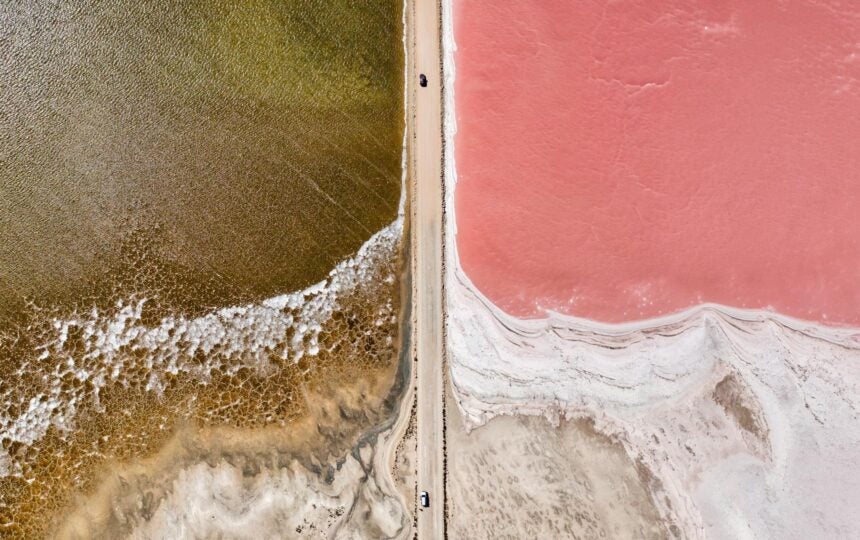Though compulsory licensing of pharmaceuticals in the BRICS (Brazil, Russia, India, China, and South Africa) is quite commonplace, Russia has historically bucked that trend. However, facing some diseases in epidemic proportions and with the high cost of therapies – especially those for HIV/AIDS and Hepatitis C – 2016 may be a turning point in Russian intellectual property trends.
In April 2016, the Federal Antimonopoly Service (FAS) designed a scheme to increase the scope of compulsory licensing in Russia, currently limited to defense and national security purposes. FAS argued that Russia’s dependence on manufacturers of patented drugs with no Russian analogues is a state security threat, and there have been examples of cases where a sole manufacturer of a drug has refused to supply its product in Russia.
Believing that a dominant position by a manufacturer could lead to price inflation and shortages of essential drugs on the market, the Federal Monopoly Service introduced an amendment to Federal Law NFZ-135 “On Protection of Fair Competition” that abolishes anti-trust immunity for manufacturers of patented pharmaceuticals. The amendment allows for FAS to submit a lawsuit against a foreign manufacturer in Russian courts, at which point the court may grant a compulsory patent for the production of that drug within Russia. The compensation and production would be funded from the federal budget.
It was initially reported that HIV/AIDS drugs may be the first drugs to be challenged in court, as early as summer 2016, as a result of the Minister of Health expressing grave concern at Russia’s growing HIV/AIDS epidemic. Only 23% of total HIV/AIDS patients (approximately 870,000 people) in Russia receive the necessary therapy. As a result, the Ministry of Health has predicted that the number of HIV-infected people could increase by 250% by 2020 if access to drugs does not improve drastically – and quickly. The introduction of the compulsory licensing scheme would allow the Russian government to achieve significant savings on antiretroviral drugs.
Everything was seemingly finalized, but other government elements – and interests – got in the way of FAS’ plans. Arkady Dvorkovich, Russia’s Deputy Prime Minister and a figure heavily involved in the development of the pharmaceutical industry in Russia, personally wrote to President Vladimir Putin to protest against the plans. He argued that there was no need for Russia to introduce compulsory licensing, as many of the imported drugs that could face shortages are actually partly manufactured in Russia, in order to satisfy domestic manufacturing requirements.
Some argue that Dvorkovich is more concerned about the pharmaceutical industry’s interests and the potential loss of foreign investment than he is about the interests of Russian patients. Though – as reported by the Ministry of Health – only 15% of drugs on the Russian market are under patent protection, the majority of those are high-priced and out of reach for many Russian patients.
Realistically though, Dvorkovich is right to be concerned, as compulsory licensing would send a negative message to foreign manufacturers, who are already jumping through bureaucratic red-tape hoops thanks to Russia’s strict and complex rules and regulations.
Ultimately, Dvorkovich was successful and the scheme was suspended as a result of his protest, but FAS was not happy and is not giving up. It criticized the suspension, arguing that this scheme would have gone a long way in helping the shortage of drugs on the Russian market. International manufacturers are not yet in the clear. The decision will be revisited at the end of 2016, and compulsory licensing could still come to pass in Russia, especially if FAS gets its way.
Overall, while compulsory licensing will improve patient access to drugs, it would lead to serious losses for foreign manufacturers of expensive drugs for which there are no Russian analogues, despite the compensation. It has been a tumultuous few years for foreign pharmaceutical manufacturers exporting to Russia, but this suspension will allow for a more of moment of respite from intellectual property concerns – at least until the end of 2016.










